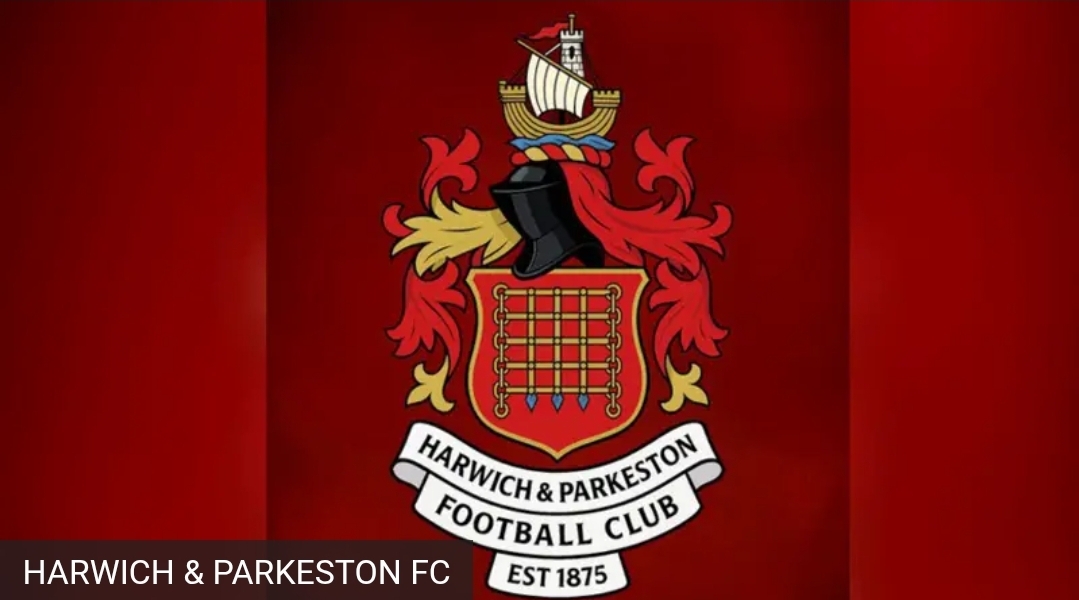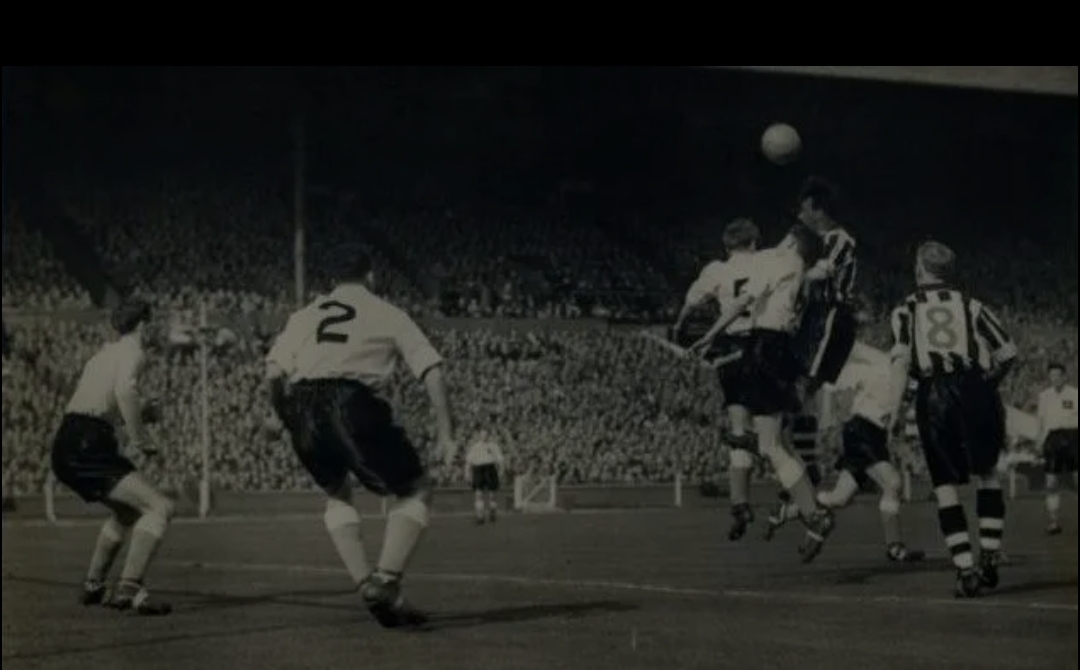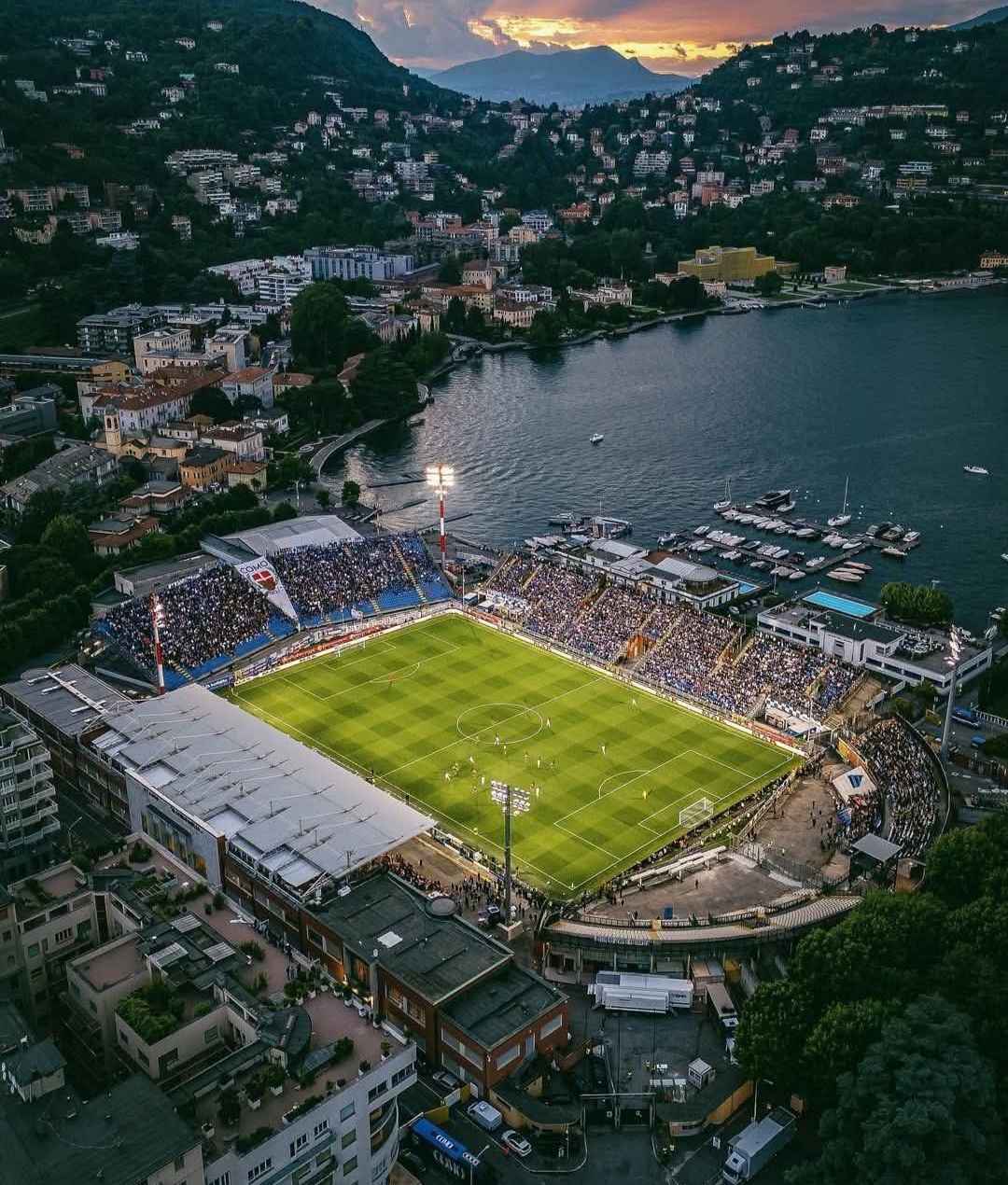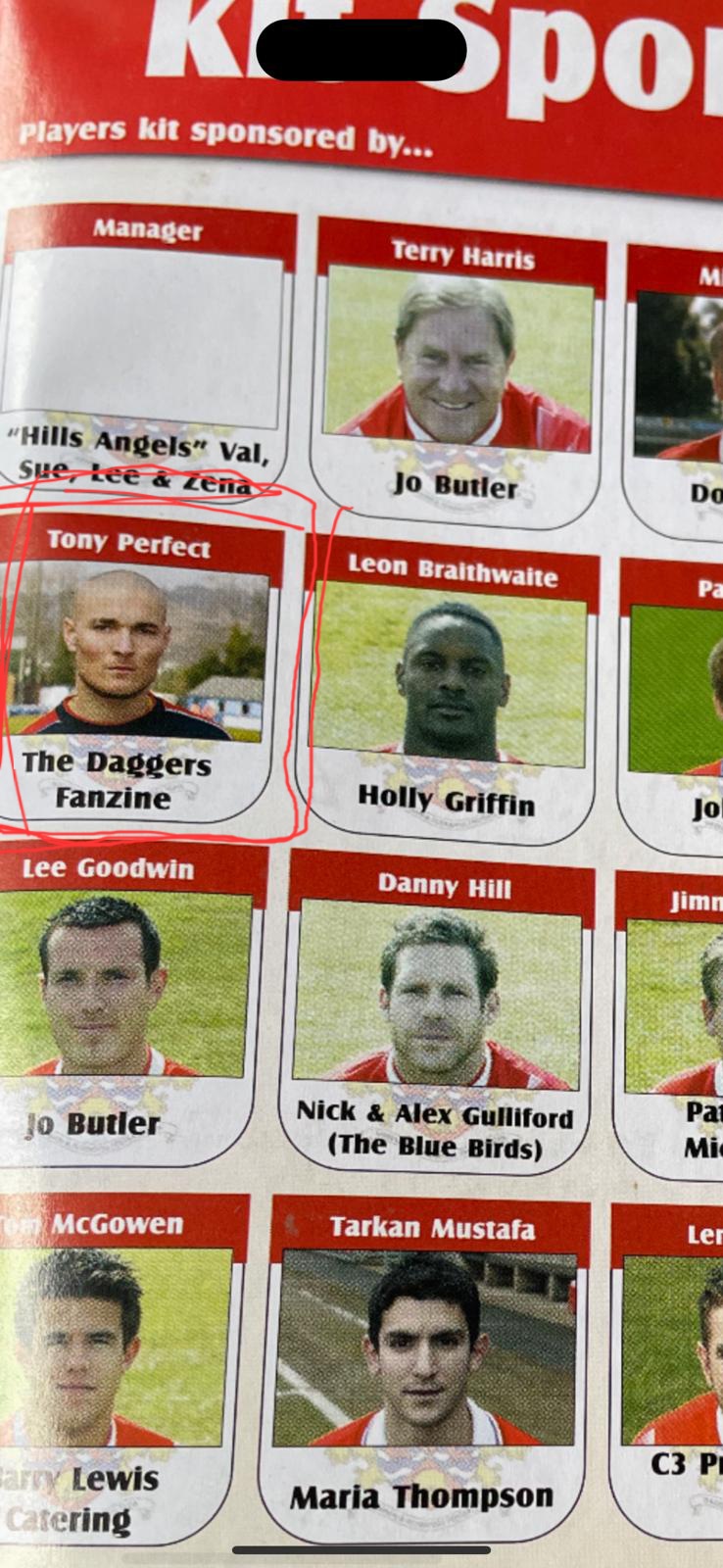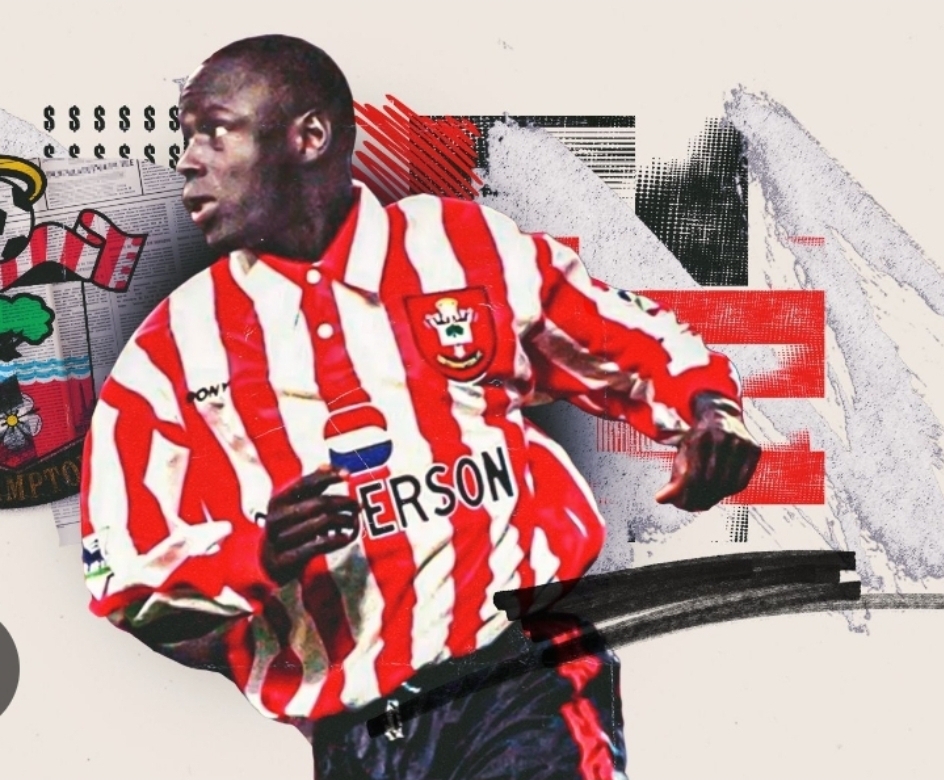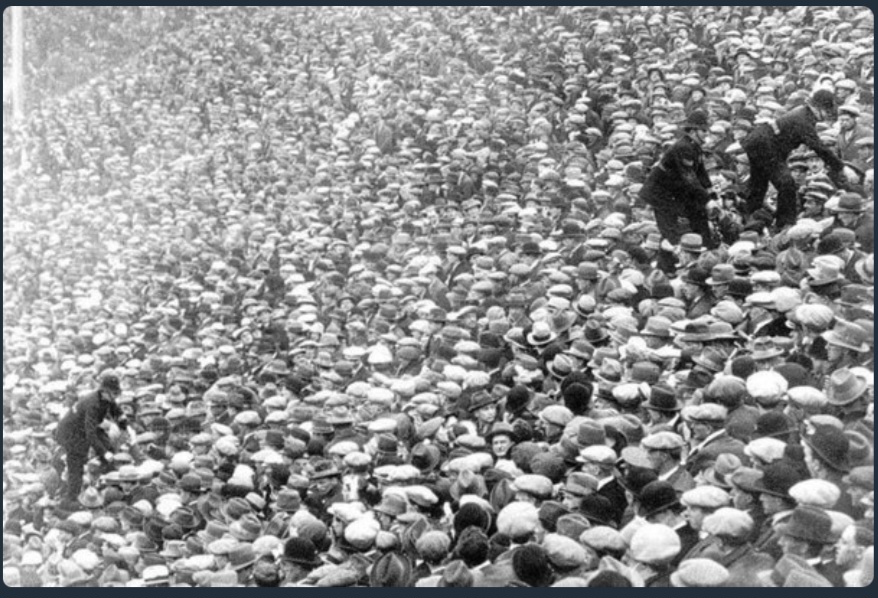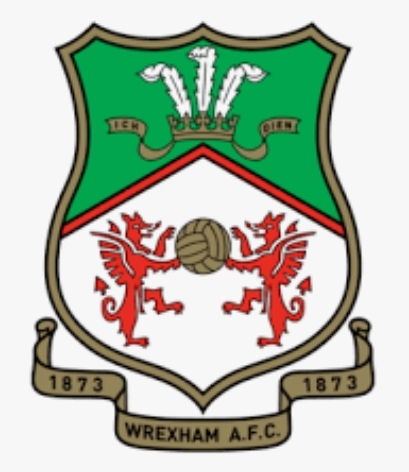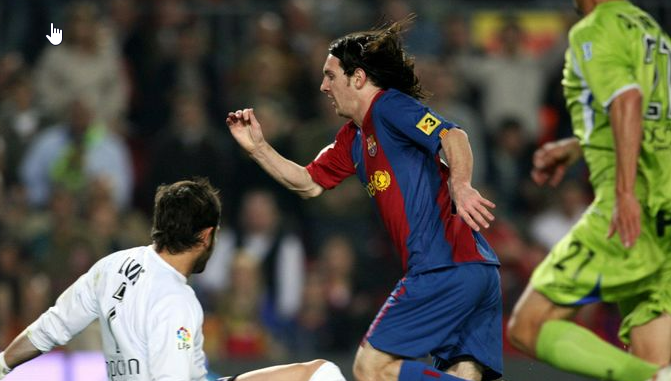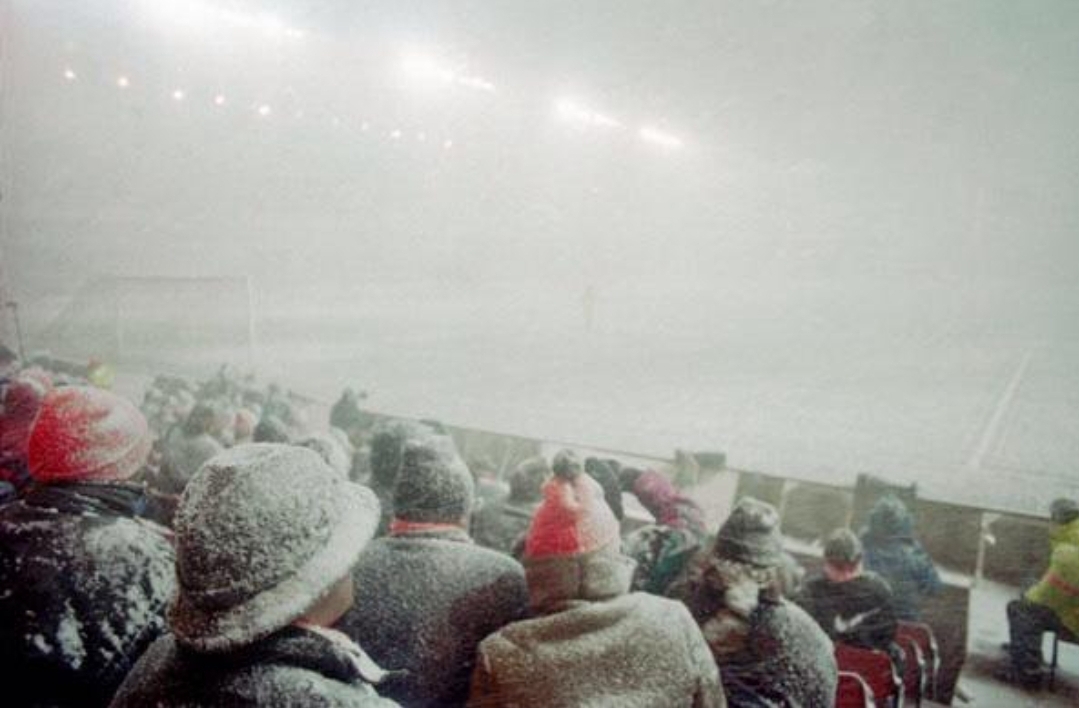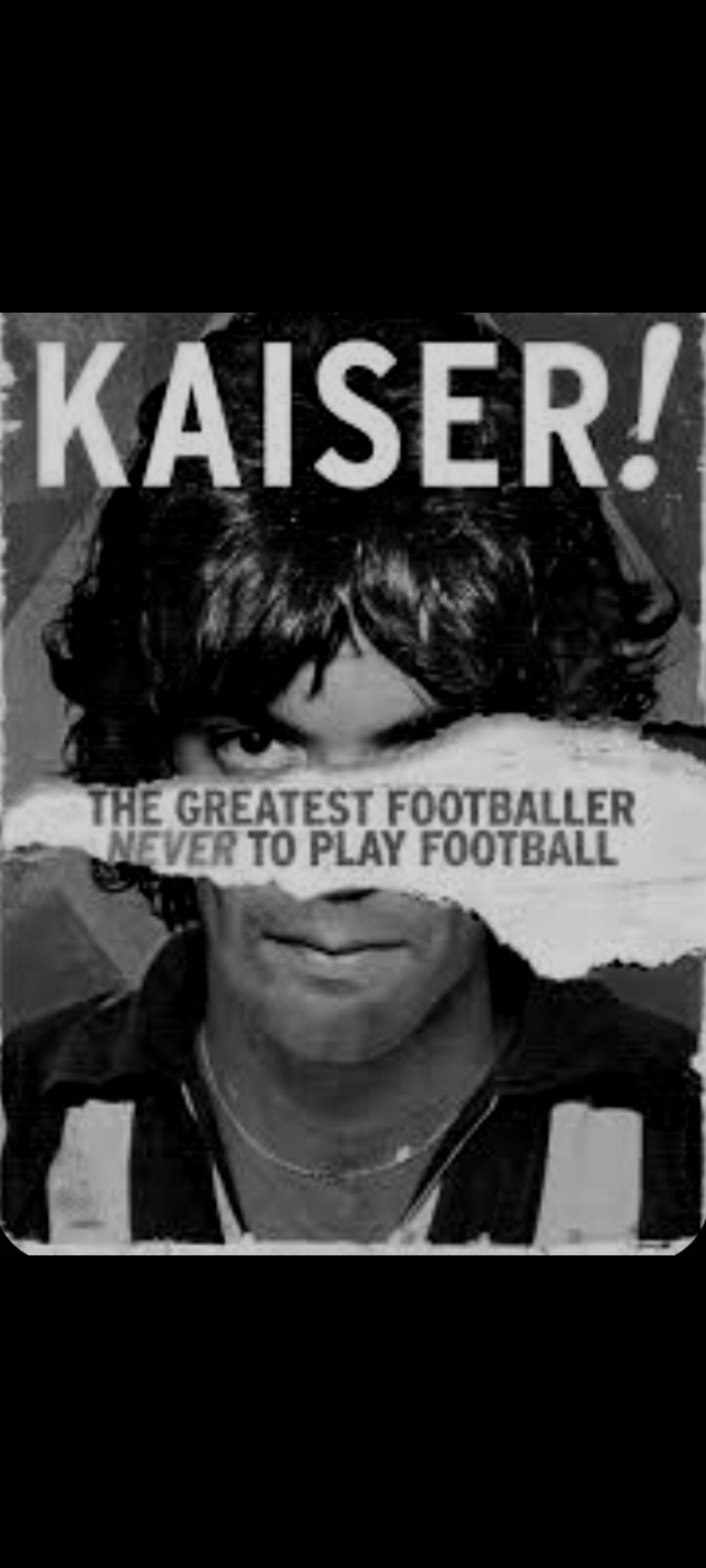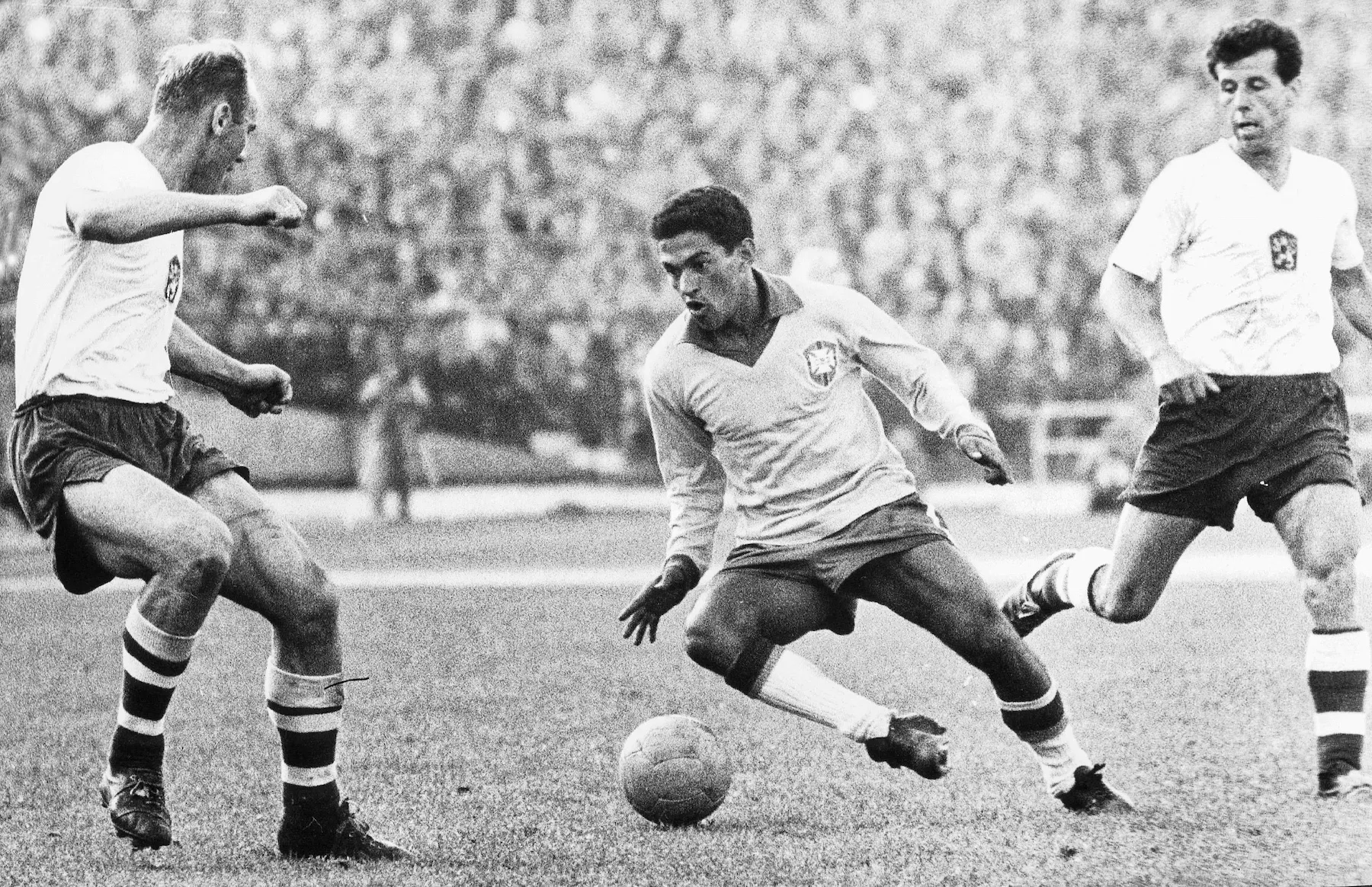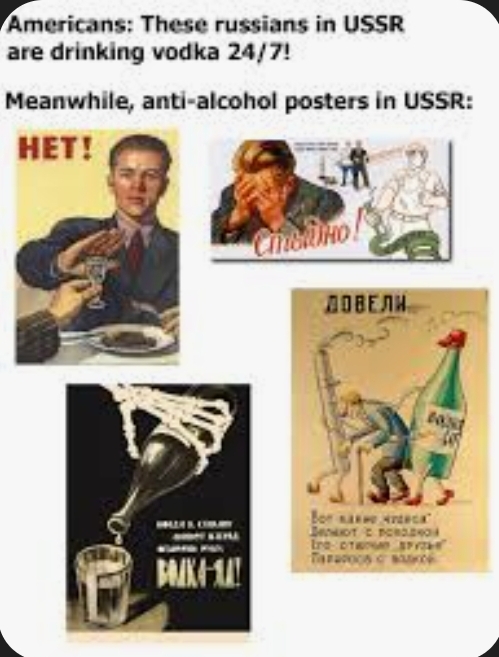
Hi,guys!
I once got the idea to write an article about alcohol and football.
How many talented football players left the sport because of their addiction to alcohol.
Fame and notoriety also have a negative side.
Let’s look at example of football players in Soviet Union.
1.Eduard Streltsov
One of the most talented Soviet forwards, often compared to Pelé.
Streltsov was a flamboyant striker, loved by fans and feared by defenders. Off the pitch, he was known for parties, women, and drinking. In 1958, just before the World Cup, he was arrested and sentenced to 12 years in prison for an alleged rape—many believe it was a setup, possibly linked to his defiance of Soviet authorities.
Alcohol connection: The night before his arrest, he attended a party where drinking played a big part. After his release, he came back to football but never reached his full potential again.
2.Igor Netto – The Captain with a Cold Beer
Club: Spartak Moscow
Story:
Netto was a respected captain of the USSR national team during the 1950s and early 60s. He was known to enjoy vodka or beer occasionally. One anecdote tells how, after winning the 1956 Olympic gold medal, Netto joked, “We played for the country, but now let’s drink for ourselves,” cracking open a bottle with teammates.
Not excessive, but classic Soviet humor and drinking culture.
3.Gennadiy Morozov – The “Party Coach”
Club: Played for Spartak Nalchik, later coached various teams
Story:
As a coach in the 80s and 90s, Morozov was known for letting loose with his players after victories. There’s a story from a Russian 2nd division team where he celebrated a mid-season win by taking the whole squad to a dacha (country house) and stocking it with vodka. They drank so much that half the team missed training the next day—and he didn’t care.
4.Viktor Monday – Drinking before the World Cup
Club: FC SKA Rostov
Story:
Known more in behind-the-scenes stories, he allegedly showed up hungover to a national team camp. Coaches were furious, but he played well enough that he still made the squad. His case became a cautionary tale for younger players in the USSR.
Soviet sports culture was a mix of iron discipline and hidden rebellion, and alcohol was often where those worlds clashed.

